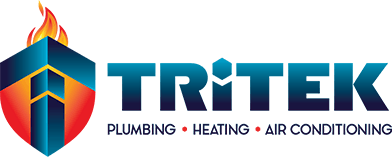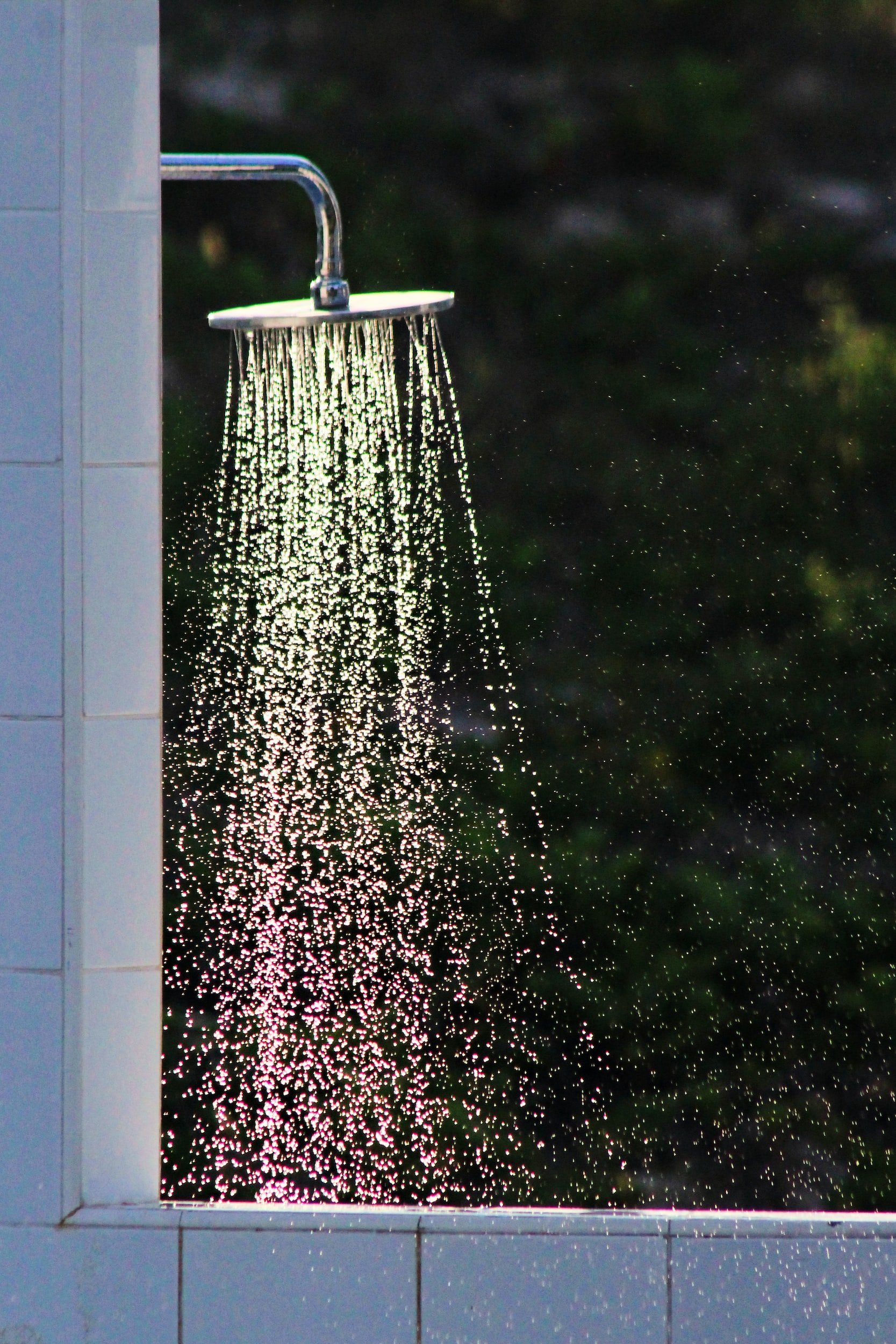Tankless and Tank Water Heaters
If you're looking for information on which type of water heater is right for you, you've come to the right place. Read on to learn about the pros and cons of each type of water heater, as well as other important considerations to keep in mind.
Tank Water Heaters:
Pros:
Lower Initial Cost: Tank water heaters generally have a lower upfront cost compared to tankless water heaters, making them a more budget-friendly option for homeowners.
Simpler Installation: Tank water heaters are relatively simple to install and typically do not require extensive modifications to your home's gas or electrical systems, resulting in lower installation costs.
Familiar Technology: Tank water heaters have been used for many years and are a familiar technology to most homeowners and contractors, which can make repairs and maintenance easier and more affordable.
Suitable for Low Hot Water Demand: If you have a small household or do not have high hot water demands, a tank water heater may be sufficient to meet your needs.
Cons:
Energy Inefficient: Tank water heaters continuously heat and store large amounts of water, which can result in energy wastage, as they need to constantly reheat the water in the tank, even when hot water is not being used, leading to higher energy bills.
Limited Hot Water Supply: Tank water heaters have a finite amount of hot water stored in the tank, which can be depleted during times of high hot water demand, leaving you with no hot water until the tank refills and heats up again.
Large Footprint: Tank water heaters require a larger footprint and take up more space compared to tankless water heaters, which may not be suitable for homes with limited space.
Shorter Lifespan: Tank water heaters typically have a shorter lifespan compared to tankless water heaters, ranging from 10 to 15 years, which means they may need to be replaced more frequently,
Tankless Water Heaters:
Pros:
Energy Efficient: Tankless water heaters heat water on demand, which means they only use energy when hot water is needed. This eliminates the need to constantly heat and store large amounts of water, resulting in higher energy efficiency and lower utility bills.
Space Saving: Tankless water heaters are compact and can be installed in tight spaces, such as under a sink or in a small closet, saving valuable floor space compared to tank water heaters which require a larger footprint.
Longevity: Tankless water heaters have a longer lifespan compared to tank water heaters, typically lasting 20 years or more with proper maintenance, which can result in cost savings over time.
Endless Hot Water: With a tankless water heater, you'll never run out of hot water. They provide a continuous supply of hot water, making them ideal for households with high hot water demands, such as large families or homes with multiple bathrooms.
Cons:
Higher Upfront Cost: Tankless water heaters generally have a higher initial cost compared to tank water heaters, including the cost of installation, which can be a deterrent for budget-conscious homeowners.
Limited Flow Rate: Tankless water heaters may have limitations on the flow rate, which means they may not be able to deliver hot water at high volumes simultaneously, such as when using multiple showers or appliances at the same time.
Need for Proper Sizing: Proper sizing is crucial for tankless water heaters to ensure they can meet the hot water demands of your household. If not sized correctly, they may not provide enough hot water during peak usage times.
Complexity of Installation: Installation of a tankless water heater may require additional modifications to your home's gas or electrical systems, which can increase the complexity and cost of installation compared to tank water heaters.
Should you make the switch from tank to tankless?
Energy Efficiency: Tankless water heaters are highly energy efficient, which can help lower your energy bills and reduce your carbon footprint. This keyword-rich phrase "energy efficiency" is commonly searched by users looking for ways to save on their energy costs.
Cost Savings: Tankless water heaters can provide long-term cost savings due to their energy efficiency, which can be appealing to users searching for ways to save money on their home utility bills. Including "cost savings" as a keyword in your content can attract users who are specifically looking for ways to cut costs.
Endless Hot Water Supply: Tankless water heaters provide a continuous supply of hot water, which is a desirable feature for users who want to ensure they have enough hot water for their household needs. Using "endless hot water supply" as a keyword in your content can help capture the attention of users looking for uninterrupted hot water.
Space Saving: Tankless water heaters are compact and can save valuable space in your home compared to tank water heaters. Incorporating "space saving" as a keyword in your content can attract users who are looking for space-efficient home appliances.
Longevity: Tankless water heaters typically have a longer lifespan compared to tank water heaters, which can be a significant selling point. Including "longevity" or "long lifespan" as keywords in your content can help you rank higher in search results for users looking for durable and long-lasting water heaters.
Reduced Risk of Water Damage: Tankless water heaters eliminate the risk of water leaks or ruptures associated with tank water heaters, which can be an important consideration for users concerned about water damage in their homes. Using "reduced risk of water damage" as a keyword in your content can attract users searching for ways to prevent water damage.
Flexibility in Installation: Tankless water heaters offer flexibility in installation options, allowing you to place them closer to the point of use, which can improve your search rankings for keywords related to "flexible installation" or "installation options".
Eco-Friendly: Tankless water heaters are considered environmentally friendly due to their energy efficiency and reduced greenhouse gas emissions. Including "eco-friendly" or "environmentally friendly" as keywords in your content can attract users who are conscious about reducing their environmental impact.
Advanced Features: Tankless water heaters often come with advanced features such as digital controls, programmable timers, and remote controls. Incorporating "advanced features" or "smart features" as keywords in your content can attract users looking for technologically advanced water heating solutions.
Low Maintenance: Tankless water heaters generally require less maintenance compared to tank water heaters, which can be an appealing factor for users looking for low-maintenance home appliances. Using "low maintenance" as a keyword in your content can help you rank higher in search results for users looking for easy-to-maintain water heaters.


